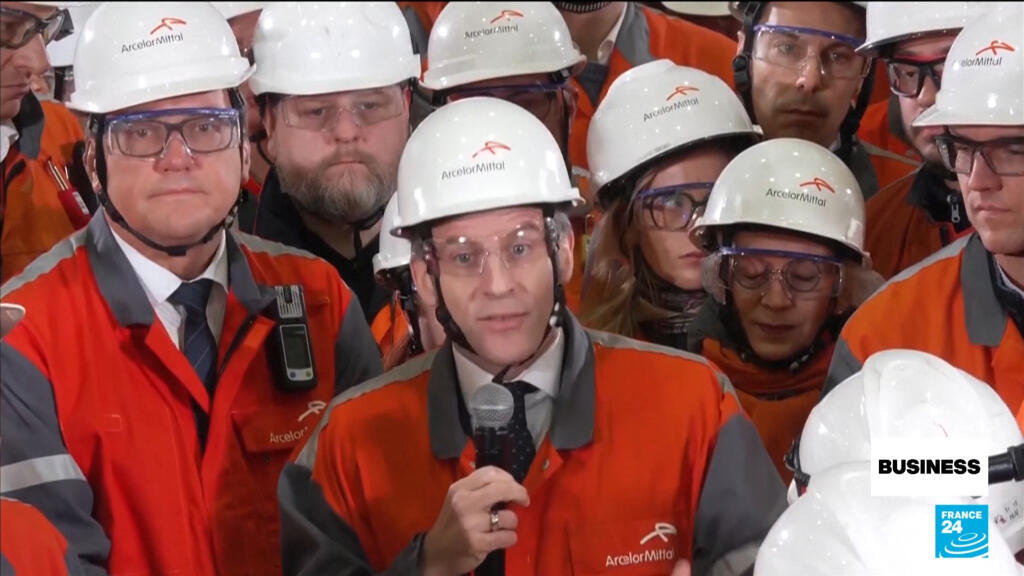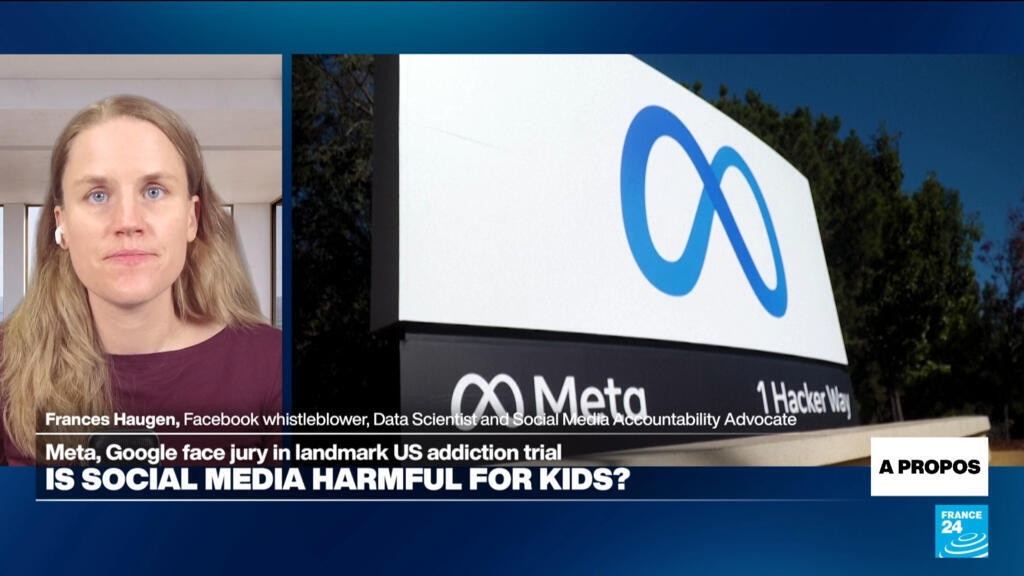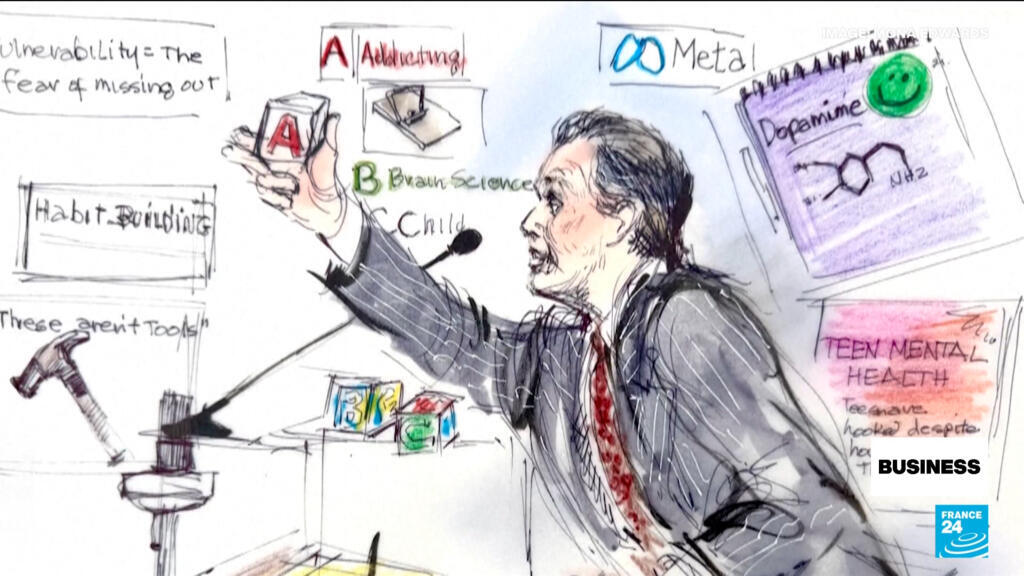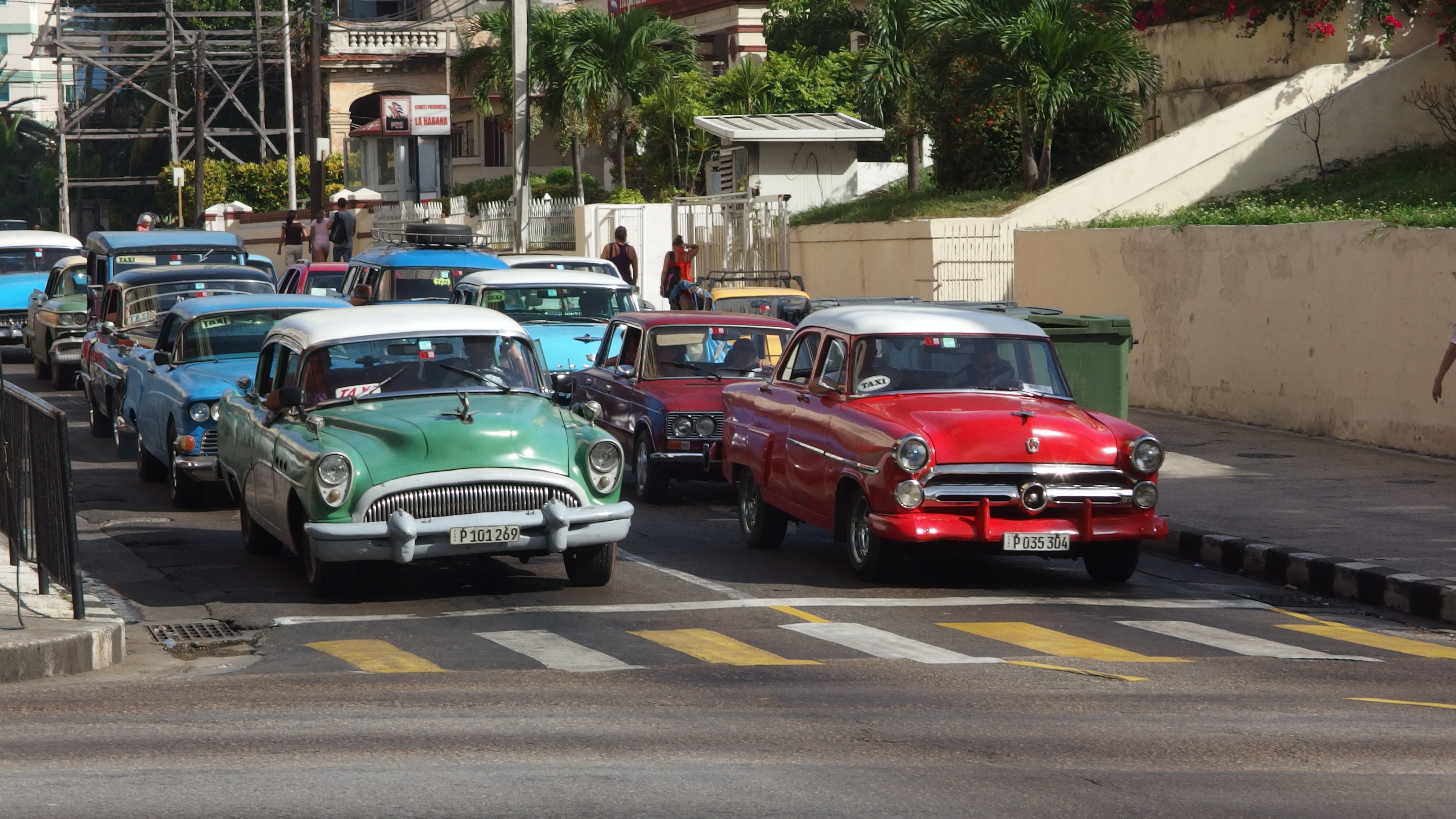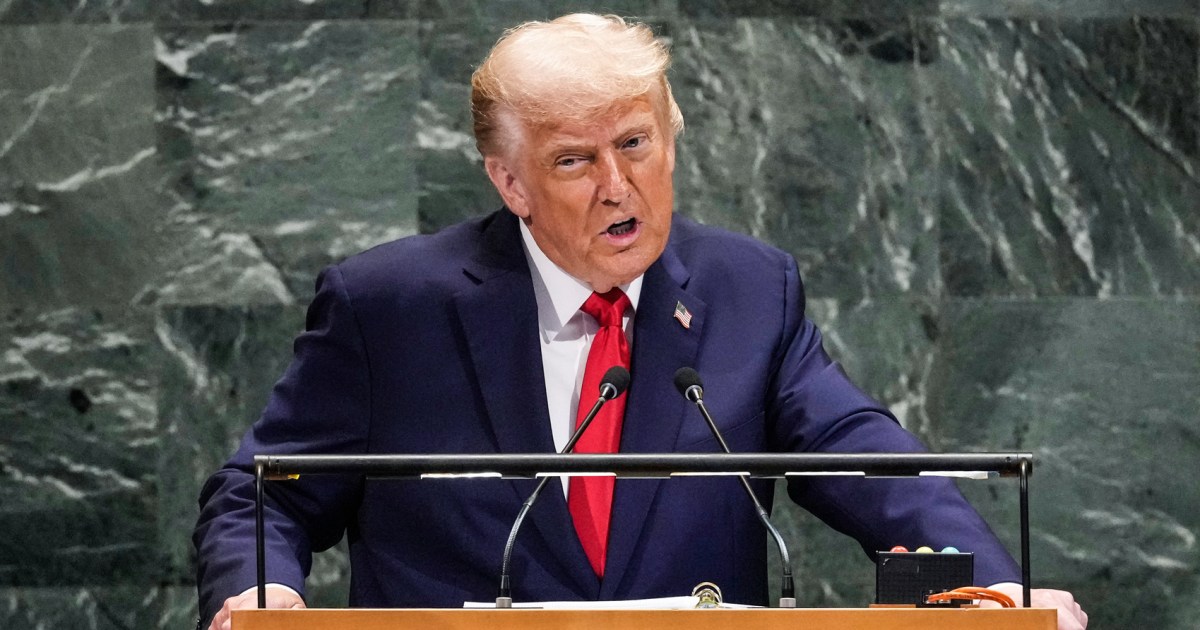Corruption's Deepening Impact on South Africa's Social Fabric
Corruption in South Africa is no longer just a political issue—it’s unraveling the nation’s social fabric. This article delves into how widespread misconduct has eroded public trust, strained institutions, and deepened socioeconomic divides. From local governance to national scandals, the piece examines the long-term consequences facing communities across the country.

South Africa’s long-standing battle with corruption is not a modern phenomenon. Yet in the current era, it has become more than just a political inconvenience—it’s a national crisis with consequences that seep into every aspect of life. It isn’t confined to newspaper headlines or whispered boardroom dealings; it affects the water flowing into townships, the quality of textbooks in rural schools, and the crumbling corridors of public hospitals. In essence, it has become a quiet saboteur of the nation’s future.
Since the democratic transition of 1994, South Africa has held out the promise of equality, justice, and opportunity. But that promise has repeatedly collided with a different reality—one marred by nepotism, state capture, and rampant theft of public funds. Corruption was never born in the post-apartheid era, but it was nurtured by the gaps in a young democracy. As power changed hands, so too did the methods of exploitation. Instead of dismantling entrenched systems of abuse, new ones emerged—veiled in the rhetoric of liberation, but hollowed out by greed.
The Widespread Reach of Corruption in South Africa
This legacy of manipulation created a culture in which corruption became institutionalized. From city councils to national ministries, from law enforcement to corporate boardrooms, dishonesty became normalized. State-owned enterprises were plundered through elaborate networks of cronies and shell companies. Public procurement, instead of driving development, was twisted into a vehicle for personal enrichment. In many cases, political affiliation became the currency of advancement, while merit and integrity were discarded.
This has led to a cascade of consequences. Basic services meant to improve the lives of South Africans have been crippled by embezzlement and mismanagement. Roads are built with inflated contracts and shoddy materials. Clinics stand without staff or supplies. Schools operate without electricity or security. The collapse of these essential services doesn’t just inconvenience the public—it deepens inequality and fosters resentment. And the damage does not end with infrastructure. The intangible but vital thread of public trust has been worn thin. Where citizens once looked to government as a guarantor of their rights, they now see a machinery of self-enrichment.
Private sector complicity has compounded the crisis. Companies seeking to win lucrative contracts have colluded with officials, feeding off a system designed to reward proximity to power rather than innovation or efficiency. This has made it nearly impossible for honest entrepreneurs to compete. In such an environment, economic dynamism dies a quiet death, and with it, the hope for real transformation.
The law, meant to be the last line of defense, has itself been infected. There have been moments of accountability, but too often, they are exceptions that prove the rule. Powerful figures walk free, cases drag on for years, and judicial outcomes sometimes seem aligned more with politics than justice. This erosion of the rule of law further alienates the public. When justice appears selective, disillusionment sets in, and cynicism takes root.
Yet, the most catastrophic damage is not just institutional—it is societal. Corruption has fractured the nation’s social fabric. It has widened the chasm between the affluent and the impoverished. It has undermined the legitimacy of democracy. It has made young people doubt that hard work leads to success. For many, the only visible pathway to influence seems paved with bribery and backdoor deals. As civic engagement declines and apathy rises, a dangerous vacuum forms—one that can be filled by unrest, populism, or worse.
Economic and Social Consequences of Corruption
The economic toll is equally dire. Investors hesitate to engage with an unpredictable regulatory environment. Infrastructure crumbles. Unemployment remains staggeringly high, especially among the youth. Public funds that could spur growth are instead lost to theft. In short, corruption is not just a governance problem—it is a direct threat to economic development, social cohesion, and national stability.
This stagnation traps communities in cycles of poverty and despair. It erodes competitive markets and stifles innovation, leaving the economy sluggish and unable to absorb the growing labor force. Schools lack funding, healthcare systems deteriorate, and public housing projects are left half-finished or abandoned altogether. A generation grows up in the shadows of broken promises and empty slogans.
The social effects are no less harrowing. Corruption corrodes civic trust. It saps faith in institutions and leadership. When citizens repeatedly witness misconduct go unpunished, when their efforts to seek justice or transparency are met with silence or retribution, the idea of participatory democracy begins to wither. In this climate, anger festers—and with it, the potential for social unrest escalates.
Addressing the Issue: Pathways to Recovery
And yet, amid the gloom, there is no shortage of solutions—only a shortage of political will. The fight against corruption begins with institutional integrity. The courts must be insulated from partisan influence. Oversight bodies must be empowered and protected. Procurement must be digitized, removing the opacity that enables manipulation. Leadership at every level must be held to account—not symbolically, but consistently and publicly.
Equally important is a cultural shift. Anti-corruption laws mean little without a citizenry that demands their enforcement. Communities must mobilize. Journalists must be defended. Whistleblowers must be protected, not persecuted. Education systems must instill values of honesty and civic duty from an early age. A moral renaissance is needed—one where integrity is seen not as exceptional, but expected.
The road to recovery is not short, nor is it guaranteed. But South Africa has proven before that it can defy the odds. The same resilience that toppled apartheid can be summoned to confront corruption. It will require courage—political, civic, and personal. It will demand transparency, consistency, and a willingness to confront powerful interests. But the alternative is unacceptable.
To allow corruption to continue unchecked is to mortgage the country’s future, to extinguish hope, and to risk further fragmentation. The time for incrementalism has passed. What is required now is a decisive break—a national reckoning that reclaims the ideals that once inspired a movement. If that reckoning is delayed, the cost will not just be measured in lost billions—but in broken trust, shattered communities, and a nation adrift.
But there remains a window—narrow, urgent, and worth fighting for. A window to reclaim the moral compass of the Republic. A window to demand governance that serves, not siphons. A window to remind the world—and ourselves—that South Africa’s story is not yet finished. And that integrity, once restored, can still write its next chapter.




/cloudfront-us-east-1.images.arcpublishing.com/gray/SZZTW67LMRAMPPCKBBQMSUTFRA.JPEG?#)







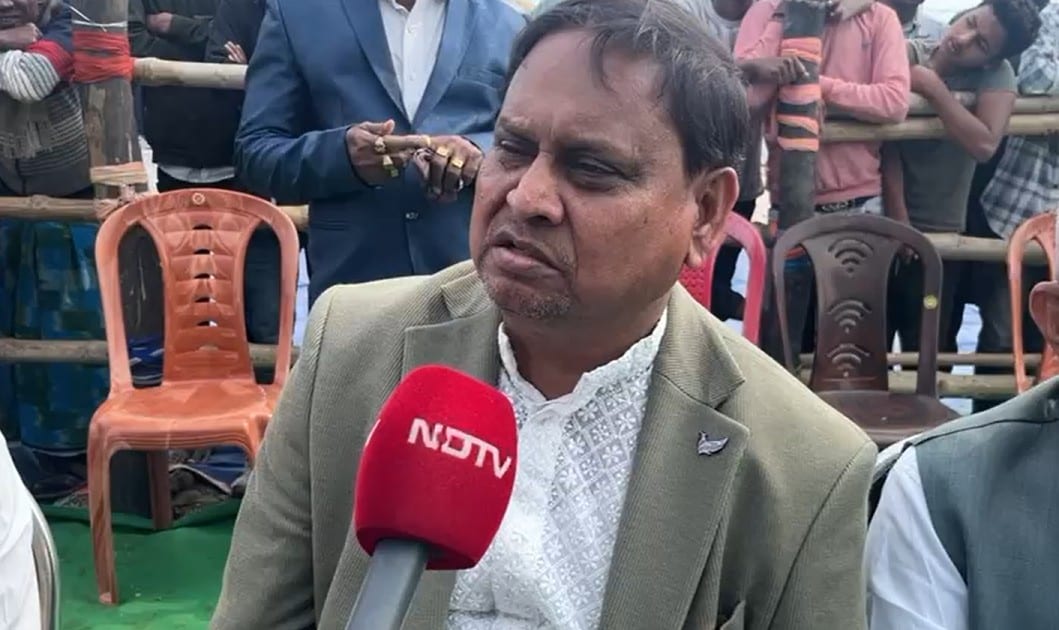

 11_07_24.jpg?#)















